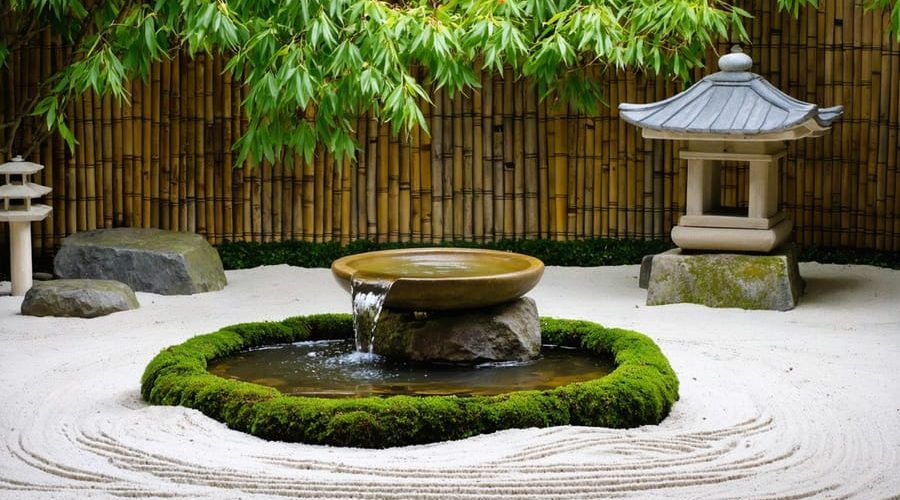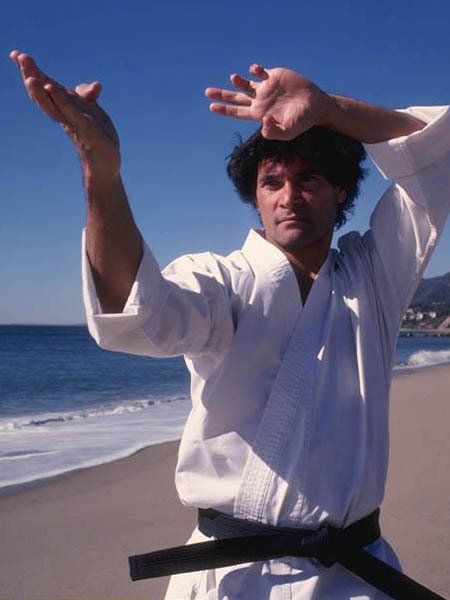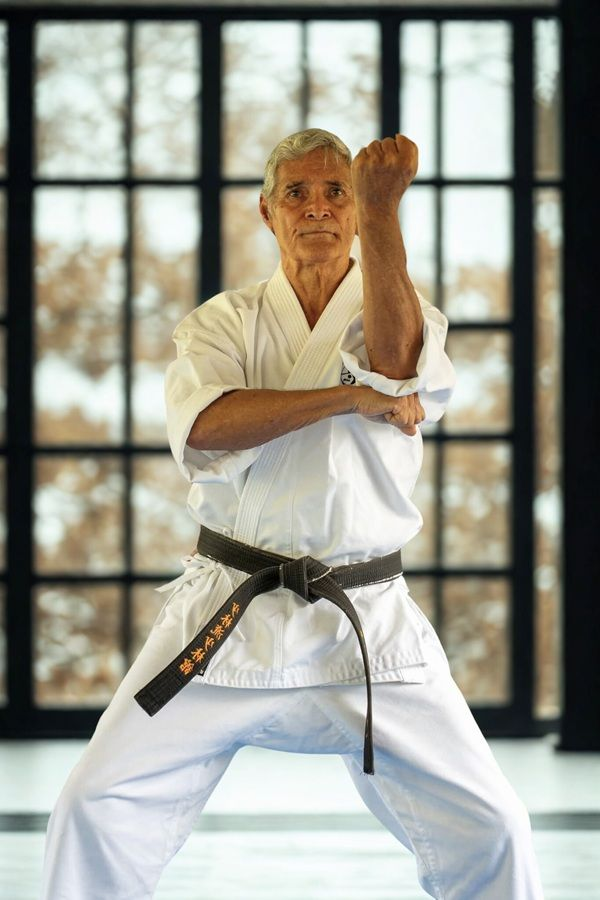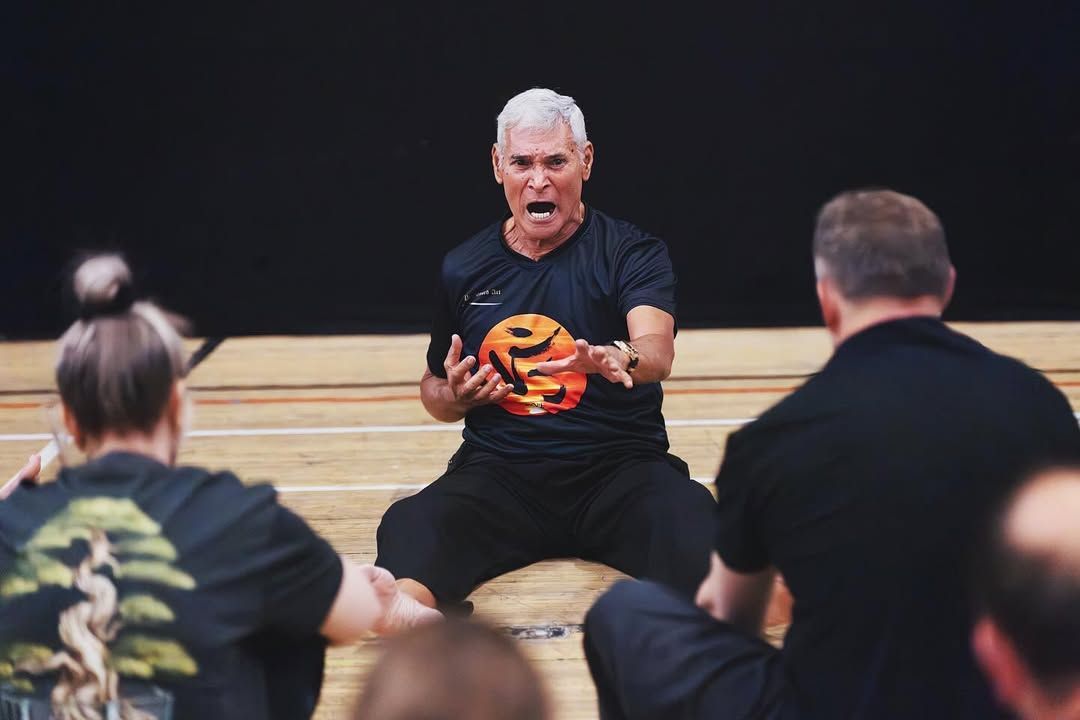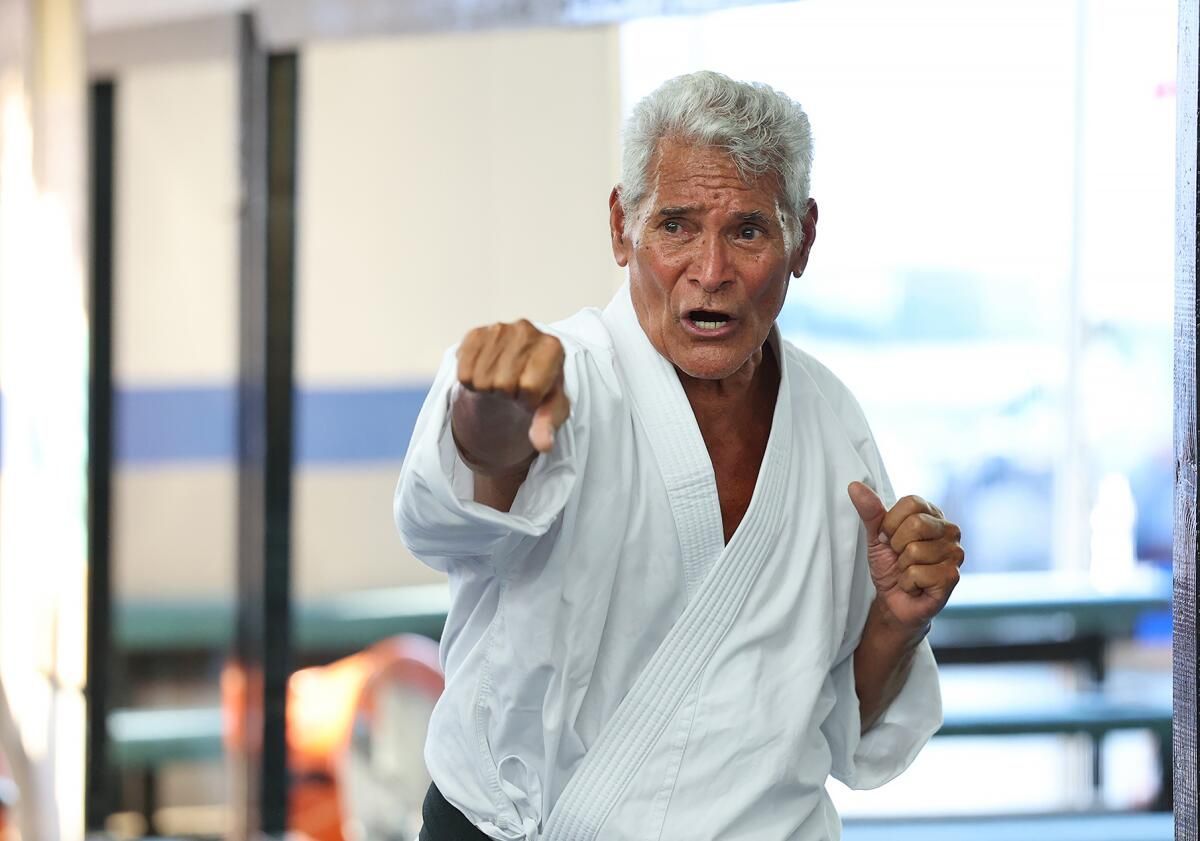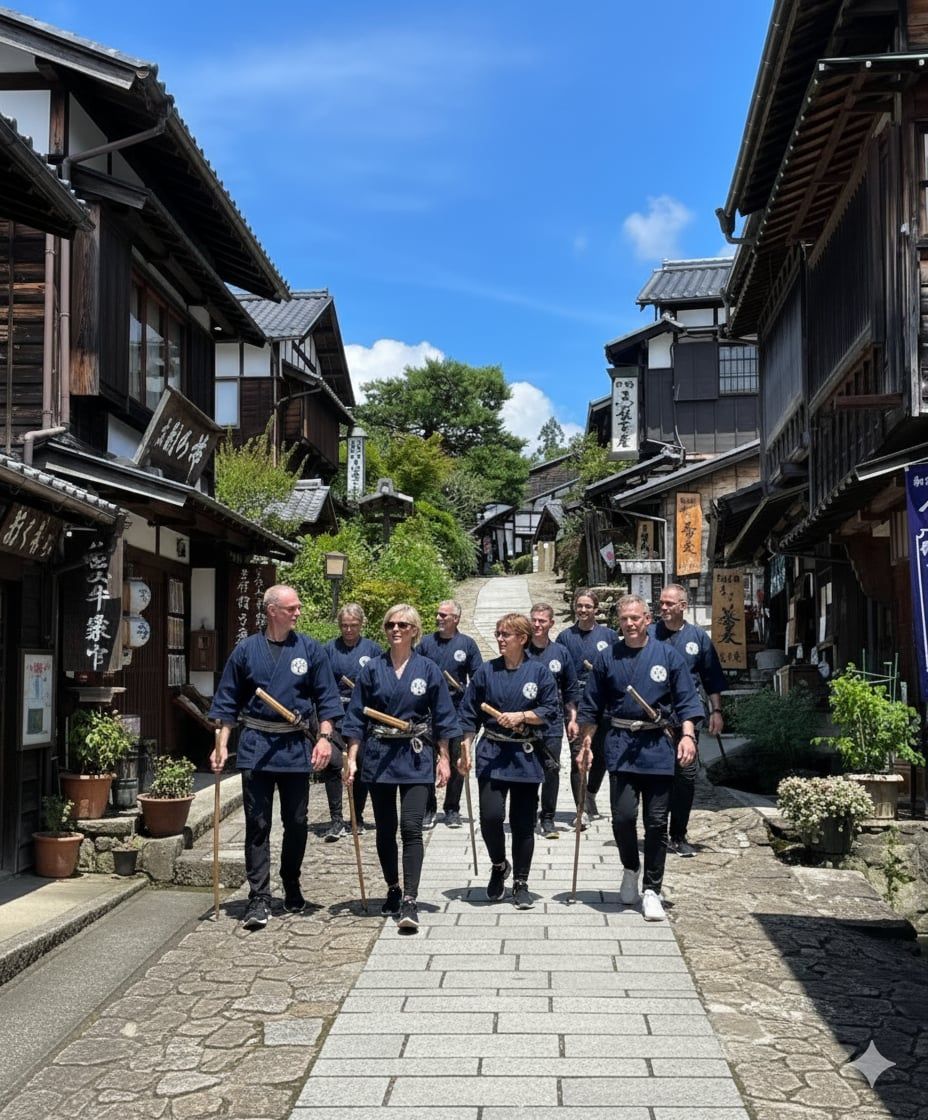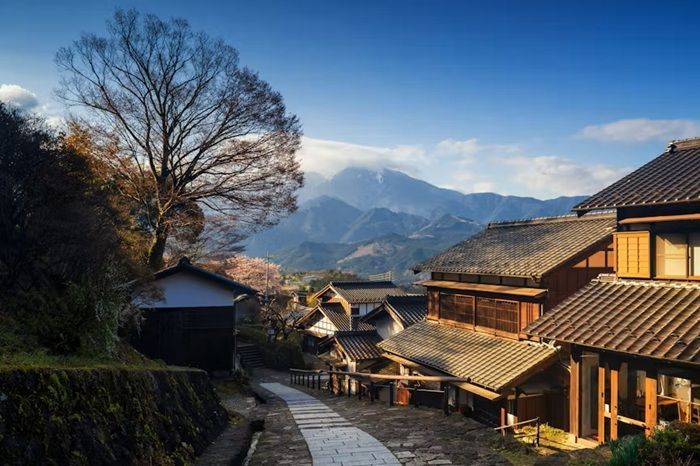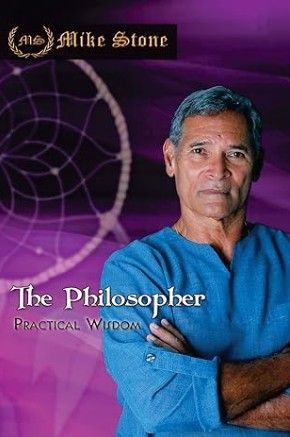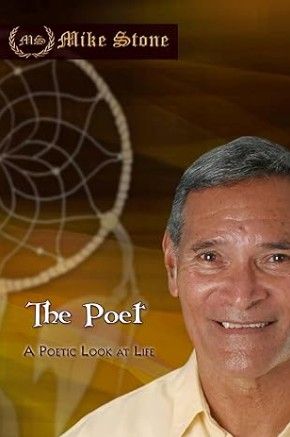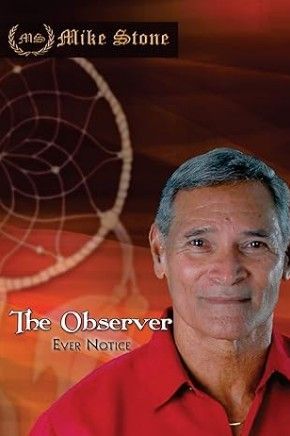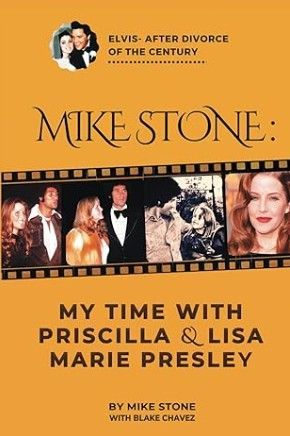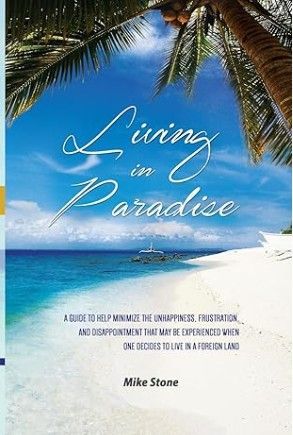Martial Arts
Code of Ethics
The Shift -
How martial arts in America lost it's way
In the early 1960s, martial arts began to take root in the United States, brought home by servicemen returning from overseas deployments in China, Japan, Korea, and Okinawa. What they carried back wasn't just a set of physical skills—it was a philosophy. A way of life. A code.
The discipline of their training had profoundly transformed these men. Martial arts had instilled in them core values: honour, respect, integrity, compassion, courage, humility, and discipline. It was about more than fighting—it was about becoming a better human being.
Eager to share this powerful experience, many of these veterans opened martial arts schools in small towns and cities across the country. Their intention wasn’t commercial; it was personal and purposeful. They believed martial arts could change lives, just as it had changed theirs.
But by 1963, the first signs of a shift began to appear. America's love for sport, competition, and commercialisation started to influence the direction of martial arts. The warrior path—once rooted in virtue and personal development—was slowly being replaced by a new objective: to win.
This change in mindset was subtle at first, but it grew rapidly. In a society that rewarded fame, profit, and public recognition, martial arts began to transform into a performance. The original purpose—to build character and inner strength—was overshadowed by the pursuit of trophies, titles, and applause.
By the early 1970s, the shift was undeniable. Sport martial arts had splintered into countless styles and organisations, many more focused on showmanship than substance. The deeper, sacred traditions of martial arts—the inner path of humility, respect, and discipline—were being lost in the noise.
Today, we are left with a question: Can we return to what martial arts were always meant to be? Not a spectacle, not a business, not a contest—but a path. A way of life. A discipline that transforms not just the body, but the soul.
I, for one, firmly believe we can create another shift—a return to the martial arts Warrior Code of Ethics. But it must be done the right way: one warrior at a time.
This must be an individual commitment, rooted in remembering our spiritual connection to all things—especially to each other. We owe it to the millions of children over the past seventy-five years who have been stripped, robbed, and denied the opportunity to learn the actual values and benefits that martial arts have to offer.
We are the power of one.
Each one of us can and must contribute to a significant shift—back to what many have long known: that we need, today more than ever, to return to the basics—to the roots and foundations of the values and principles necessary for real, meaningful change in our daily lives.
Who among us hasn't been affected by fear, anger, hatred, envy, jealousy, selfishness, and negativity?
Who hasn't felt stuck, trapped, or paralyzed—not knowing which direction to take to escape the stress, worry, doubt, confusion, and frustration of our existence?
When will it stop?
It stops when you decide you've had enough.
The truth is, you've had enough for a long time. But perhaps you lacked the courage to be fully honest and truthful, especially with yourself.
You say you want to be loved, honoured, and respected—yet you don't truly love, honour, or respect yourself.
You continue to make negative choices, repeat them, and then look around to blame someone else for the painful situations and circumstances in your life.
You even deny your truth in favour of what someone else thinks or feels about you.
How can you possibly expect your life's conditions to change if you're not willing to take full responsibility—and embrace the opportunity—you've been given to create that change?
With these thoughts and this attitude in mind, I am offering you a unique opportunity to make the changes in your life that you say you desire.
This is your chance to help share our message.
